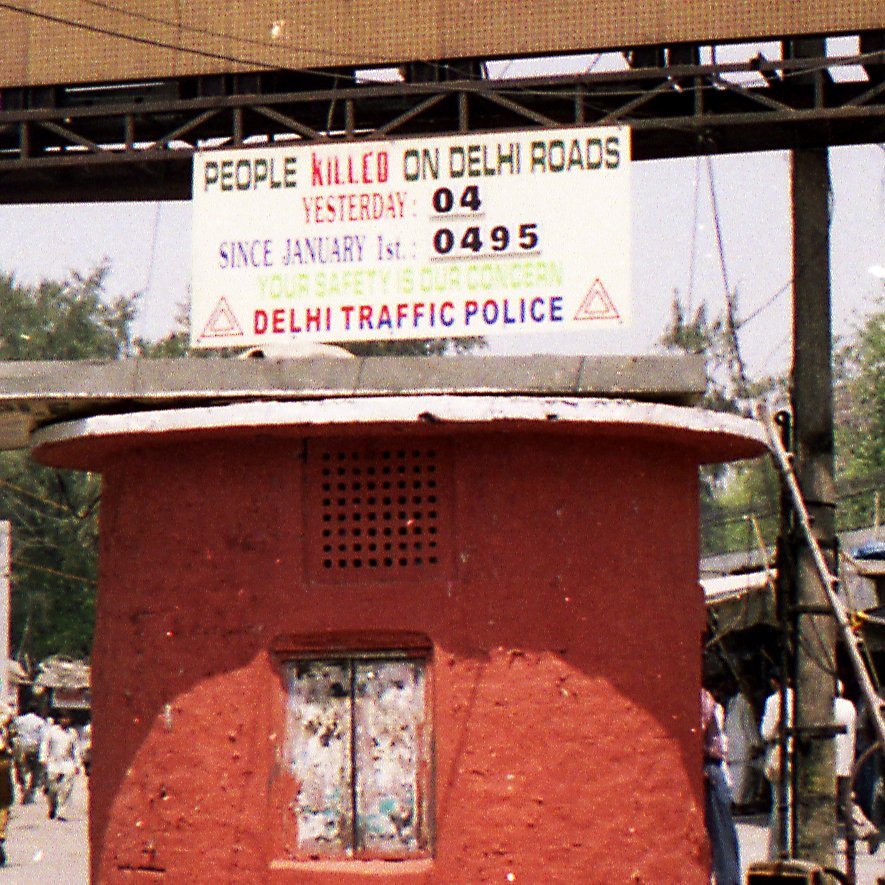
Kejriwal was speaking at an event commemorating a government initiative, entitled Farishte Dilli Ke. “I want every citizen of Delhi to become a farishta [angel],” he said. “You should pledge to help accident victims, burn victims and acid attack victims and take them to hospitals.” In a significant pledge, it was affirmed that the government will “bear the costs of treatment for all road accident victims regardless of how expensive the treatment or hospital is.”
“The life of every citizen of Delhi is precious to us,” Kejriwal tweeted. “We will not let the life of any road accident victim in Delhi due to lack of money. The one who takes the victim to the hospital will be called the Angel of Delhi.”
The Aam Aadmi Party, to which Kejriwal belongs, tweeted that the initiative would “felicitate good Samaritans who take accident victims to hospitals and save precious lives”, adding that state health minister Satyender Jain would be in charge of the programme. Jain tweeted that “this is where [the] AAP govt. stands out” and added that “the ‘Farishta’ who bring the victim to the hospital will have a hassle free experience to admit the victim.”
Kejriwal pointed to the all-important ‘golden hour’, which refers to the one-hour period after an event where medical attention is most likely to prevent mortality. Expounding upon the importance of timely care, Kejriwal pointed to the case of Nirbhaya – a 23-year-old woman who, in 2012, was left in critical condition and ultimately died after being beaten and raped onboard a bus in Delhi. “We read in media reports that Nirbhaya was lying on [the] road for one hour and no one came to her help,” Kejriwal said. “If people are admitted in time, their lives can be saved.”
Trauma care has featured prominently in the Delhi government’s social agenda. The ‘ambulance on bikes’ initiative to get timely medical attention to patients and the inauguration of a trauma care centre at the Sanjay Gandhi Memorial Hospital rank among examples of broadening access to trauma care services in the national capital.
The need for trauma care is apparent across India where, as a 2016 study notes, “emergencies such as road traffic accidents (RTAs), acute myocardial infarction (AMI) and cerebrovascular accident (CVA) are the most common causes of death and disability in India.” As such, the study notes, “robust emergency medicine (EM) services and proper education on acute care are necessary.” And while emergency care is improving across the country, more needs to be done. Promoting awareness of the necessity of such services is vital, as is being done in Delhi.

